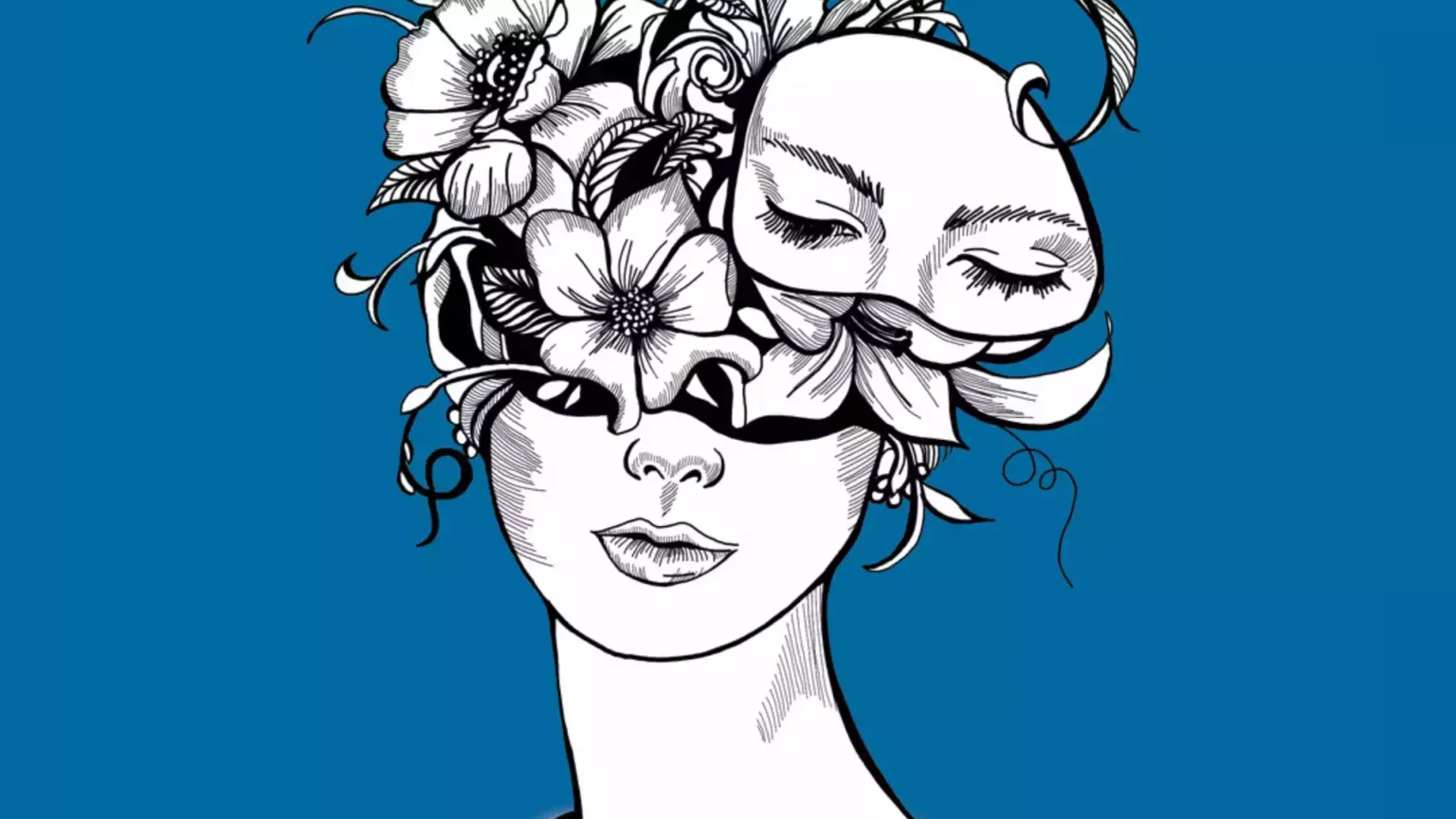When you are young and promising, it seems to you that everyone around you knows much more and is more entitled to speak, appear in visible places, and make media appearances.
You feel like you’re not ready yet because you don’t know everything—that someone more experienced is much more prepared and capable of receiving recognition, applause, and praise.
As you start doing better, you expect someone to notice you, praise you, or acknowledge you.
Just a few days ago, it was totally okay for your colleagues and bosses to stand out, even if they didn’t mention your contribution.
A couple of years later, invisibility becomes a habit because you reduce the chances of making mistakes for yourself. Invisibility becomes your comfort zone. It’s safe there, and you are less exposed to all the risks.
However, a few more years later, you see that everyone who is more visible than you is progressing, even if they work or know less than you.
You contemplate quitting, changing jobs, or accepting that you have to wait a little longer for someone to notice what and how you are doing.
Still, you have a loan to pay off, expenses are waiting for you, and life happens…
Looking at experienced professionals, I see that visibility and expertise are not always directly related. On the other hand, visibility affects recognizability and certainly contributes to better opportunities and even greater respect for someone’s contribution.
For this reason, I have decided to help young women embrace visibility as a tool or means of communication at work. Of course, I understand the risks associated with visibility, and I help my clients anticipate and control those risks.
Working with younger women, I explain my simple-to-remember formula: V.I.S.I.B.L.E.
It consists of the following:
Values, meaning that my visibility is not an end in itself but a way to confirm my own values, purpose, and communication goals. This also means personal branding and all the quality and value standards associated with our presence. Especially at the beginning of a career, I think it’s important not to hide—neither from ourselves nor from others—everything that constitutes our values.
Honesty as a facilitator in communication, because reading between the lines or inventing “alternative truths” is an additional burden for both me and everyone around me. I know that it is especially challenging for young people to assess how much honesty is advisable. My recommendation is more thoughtful honesty because it helps to resolve all dilemmas sooner.
Permission to oneself because I am aware that I set more obstacles and obstacles for my “younger self” than necessary.
Humanity, in terms of the stories behind each communication, the people I communicate with through my visibility, and the human imperfections that I am aware of.
Truth, as I recommend checking sources of information and the validity and reliability of evidence so that my communication is based on solid foundations of objectivity.
Vision of a solution so that communication is not “shooting in the dark” but a call to action, and
as active, recognizing that communication doesn’t always need to wait for an invitation or authorization but can be an expression of everything listed here.
This formula is simultaneously my way of seeking solutions instead of worrying about problems.
Indeed, visibility, as a prerequisite for the economic independence of young women, is also addressed through the Academy for the First Job.
